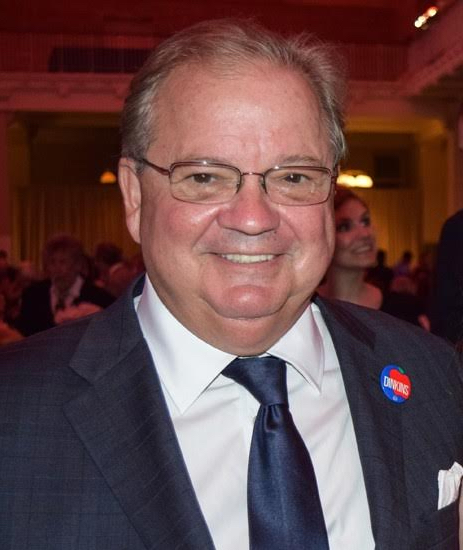Dean Allard Pens Letter to Brooklyn Law School students in wake of police-involved shootings

In times of terrible tragedy, people often look to leaders for guidance and advice. A truly great leader is not one who stokes fears and emotions, but one who tries to heal and bring people together.
In the wake of recent police-related shootings in Minnesota, Louisiana and Texas, Brooklyn Law School (BLS) Dean Nicholas W. Allard felt his students and faculty needed to hear a message from their leader — so he spoke up and penned a letter to the school to address the situation.
“Pooling our minds and hearts, we might together yet find some relief from this sad searing summer of discontent overheated beyond belief as if the gates of hell have broken permanently open,” the opening of Allard’s letter read.

Brooklyn Heights
View MoreRead the Brooklyn Height's Press and Cobble Hill News. Find out more about Brooklyn Height's History here.